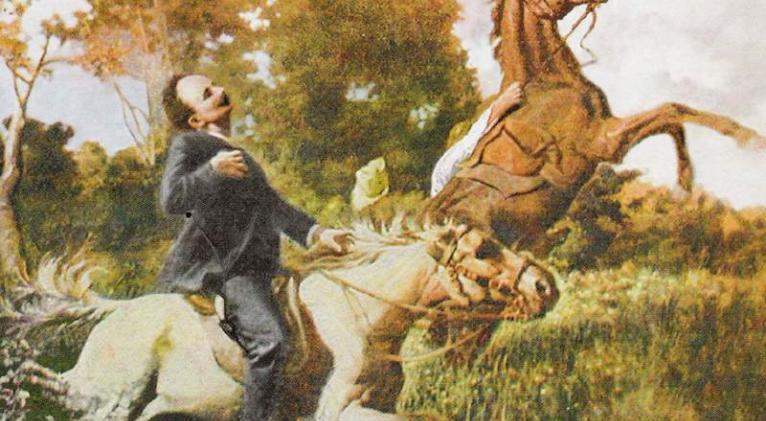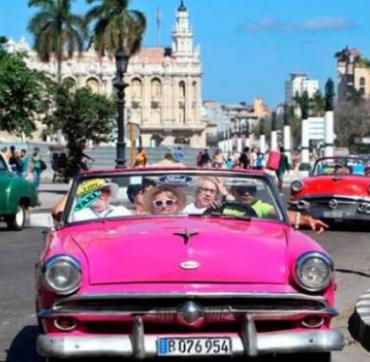Cuba lost one of its best sons that May 19th
especiales

May 19th, 1895 proved unfortunate for the Independence of Cuba. José Martí was killed in action and it was one of the greatest wounds suffered for our nation, which lost, that day, the most universal of all Cubans.
Martí was traveling eastern Cuba along with Máximo Gómez. Both had disembarked in Playitas de Cajobabo on April 11th, to join a war resumed on February 24th, 1895. When they met Maceo on May 5th at La Mejorana, the latter stressed the importance of José Martí returning abroad to continue to lead the political and diplomatic work. In that meeting, while the founder of the Cuban Revolutionary Party was acknowledged as the top political leader of the independence movement, he was suggested not to get involved in the battlefield.
Conversely, the Apostle rejected the proposal. After exchanging views, Martí and the others found a common ground: he could get involved in some battles and be part of the institutional organization of the Revolution. Later, he would go abroad and lead the Revolution outside the country. His honor would not allow him to refrain from the battlefield as if he were avoiding the risks; not to mention that, in the preparation for war, some questioned his suitability to prepare a war without having been involved in one previously.
Camped in Dos Ríos, Gomez was warned — May 19th — about the approach of a Spanish forces. Leading that army was Colonel Ximénez de Sandoval. The Generalísimo (Máximo Gómez, NdT) promptly organized the fight and ordered Martí to stay away. But the author of La Edad de Oro, who minutes before had delivered a powerful pep talk, did not follow the orders of the veteran mambí fighter. Then, Martí urged Ángel de la Guardia, a young fighter in camp, to join the fight.
Both had ridden few meters when an enemy outpost line opened fire and hit Ángel’s horse and the Apostle, who was shot three times. Ángel tried hard to recover the corpse. When Gómez was noticed, he also put all his efforts in recovering the dead body of Martí. But no one could. That day, Spanish soldiers got Martí’s corpse; and they took away with them the soul of the Revolution.
Translated by Sergio A. Paneque Díaz / CubaSí Translation Staff














Add new comment